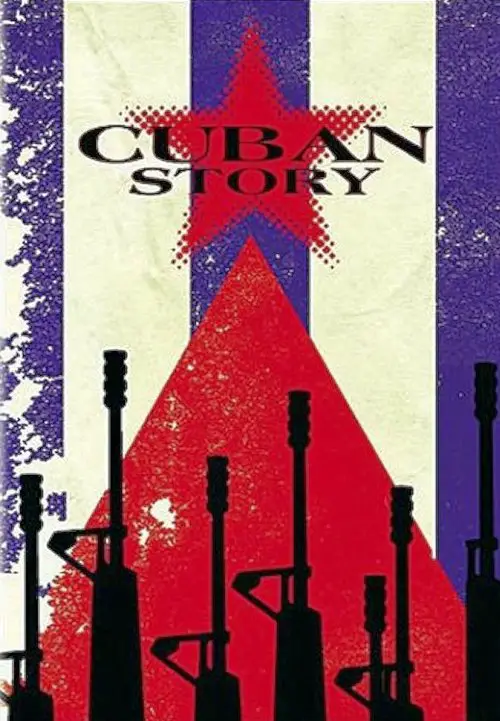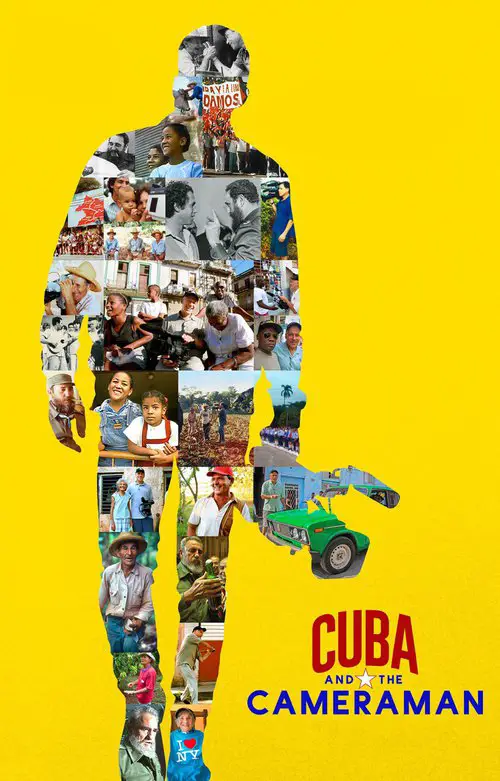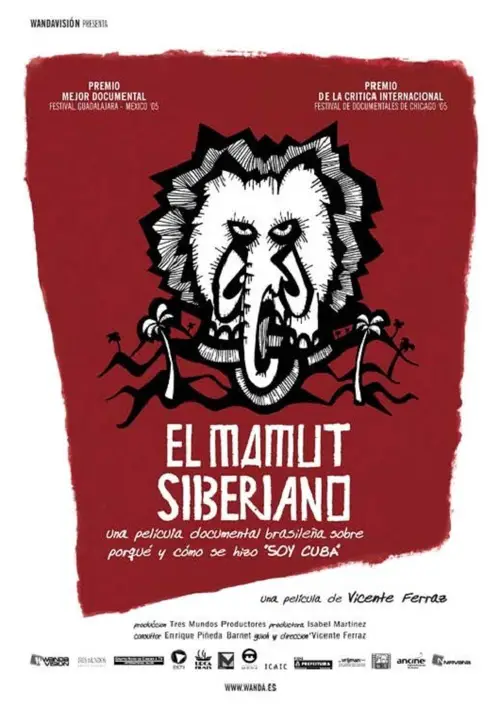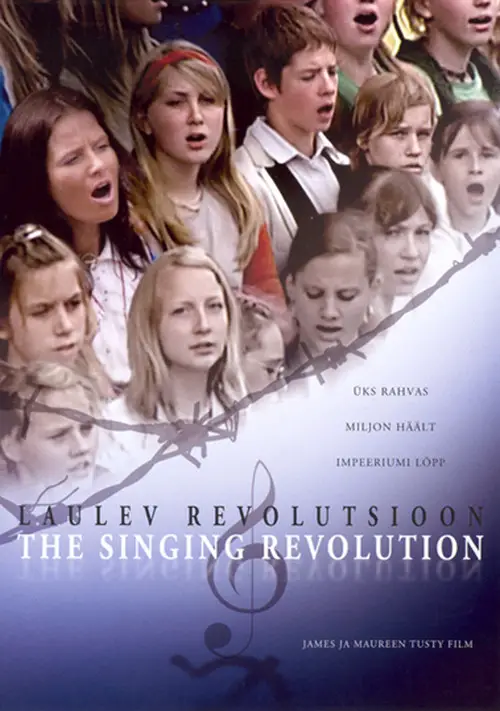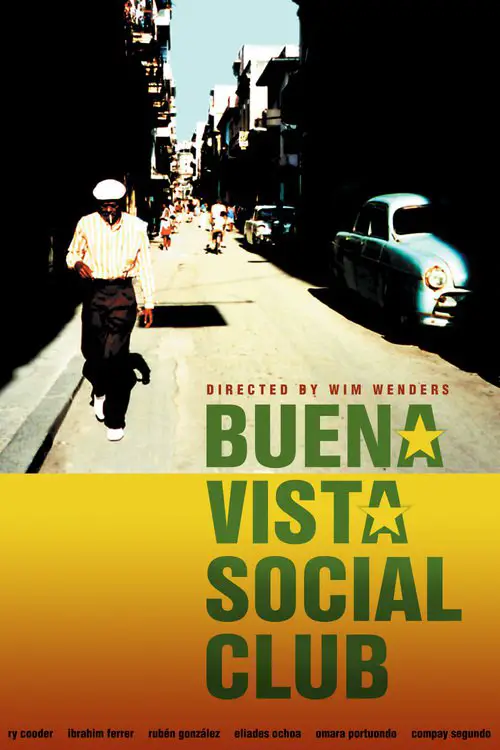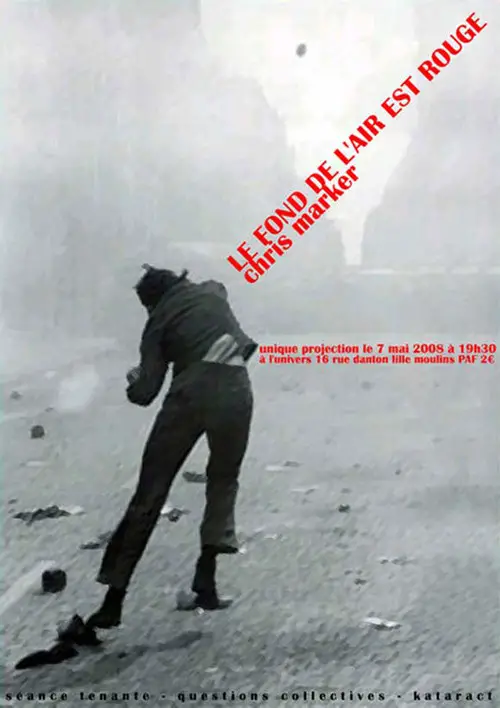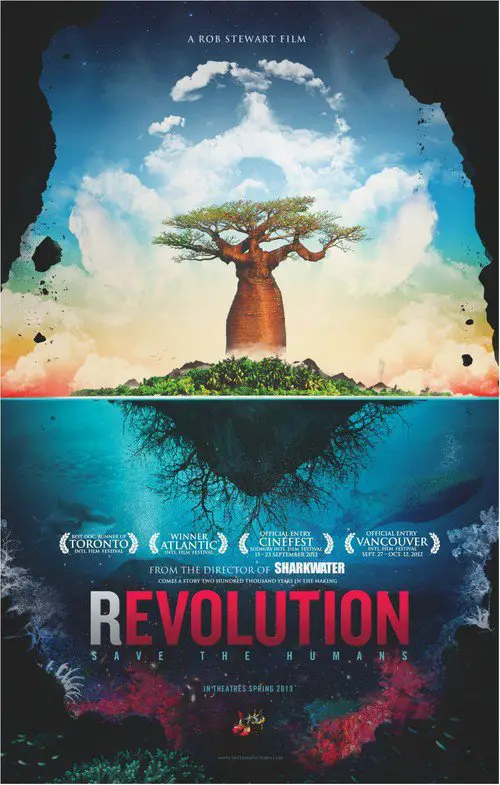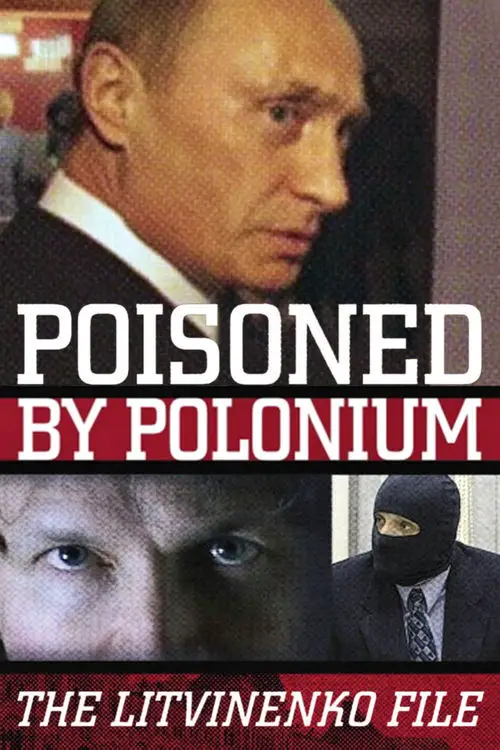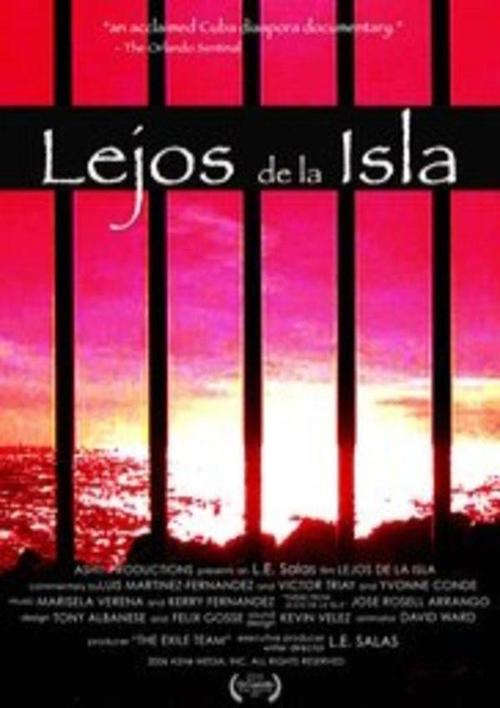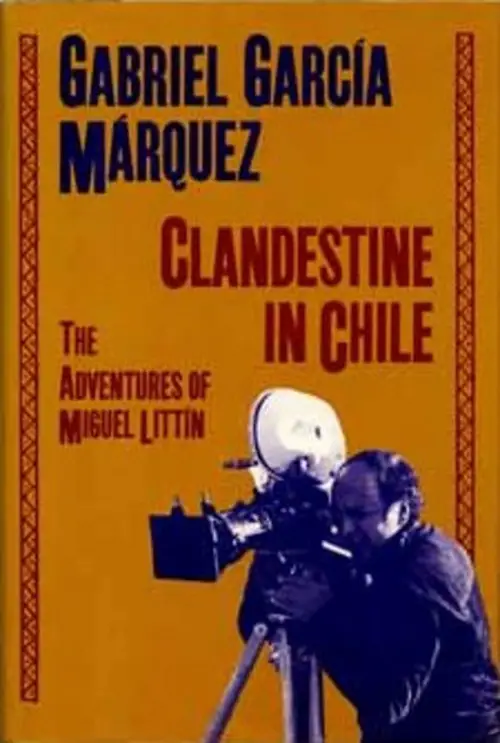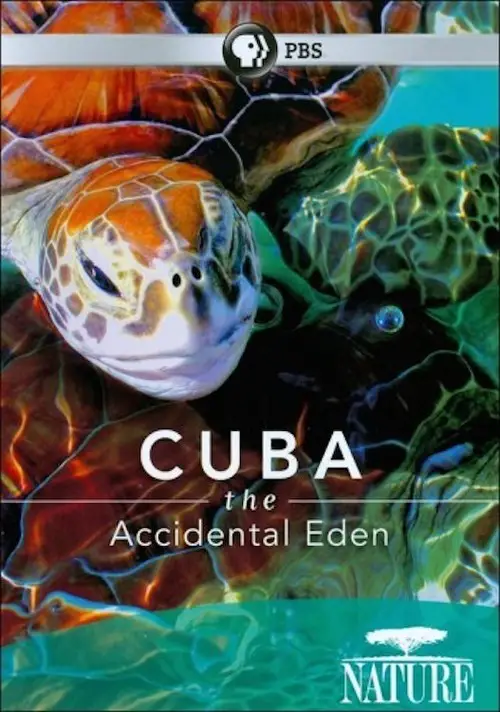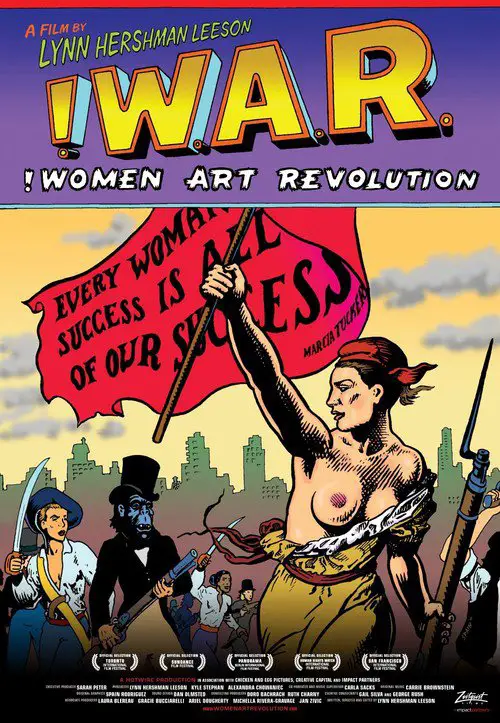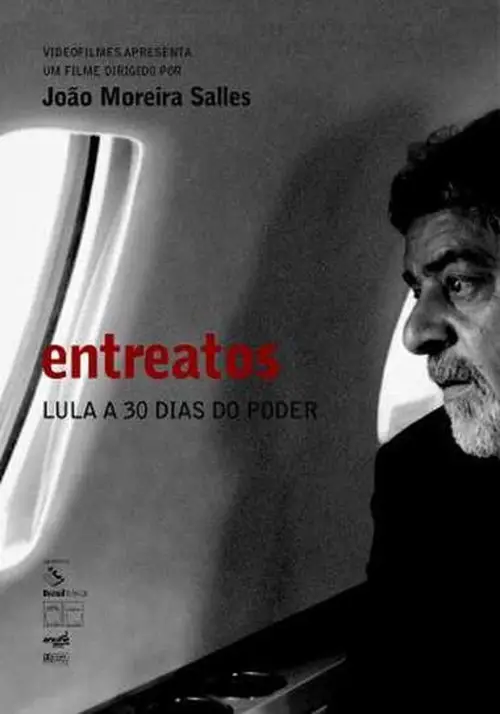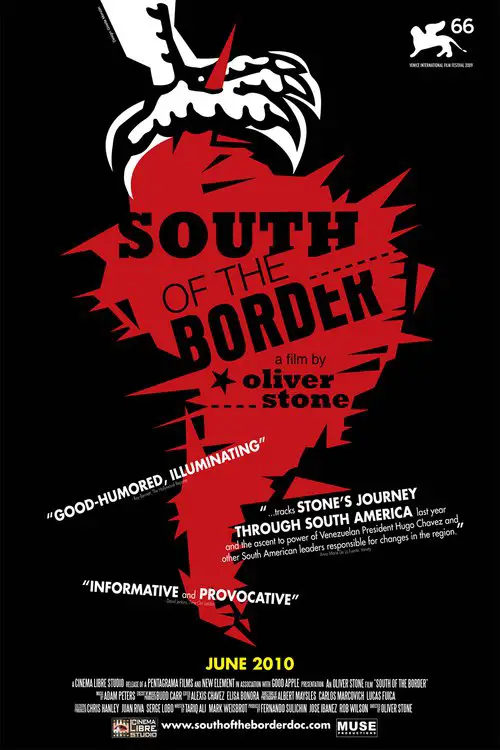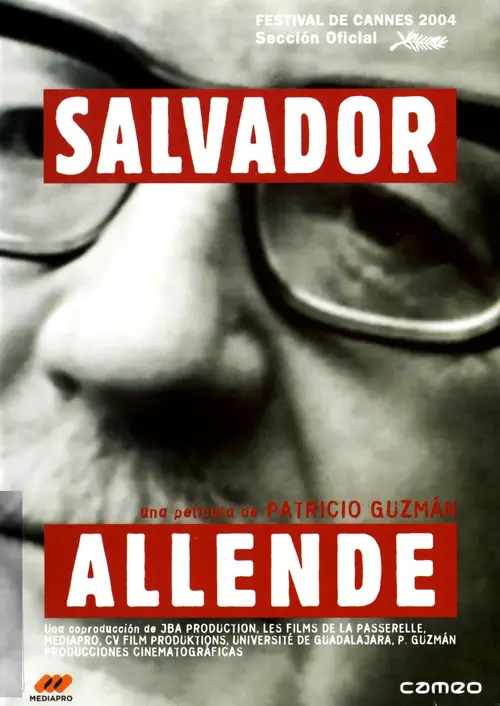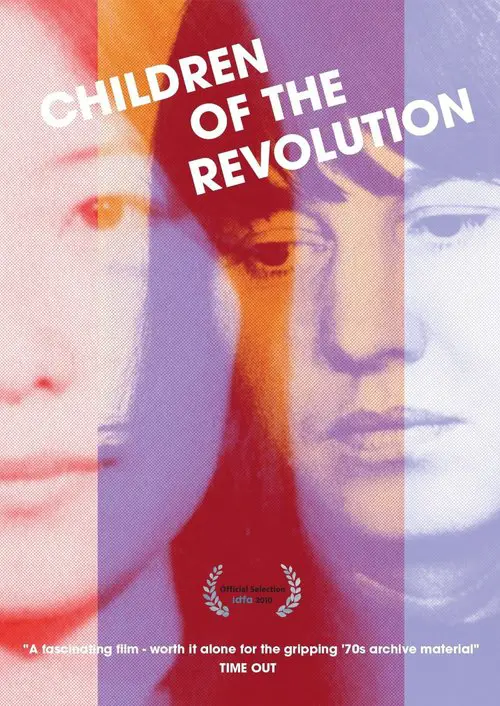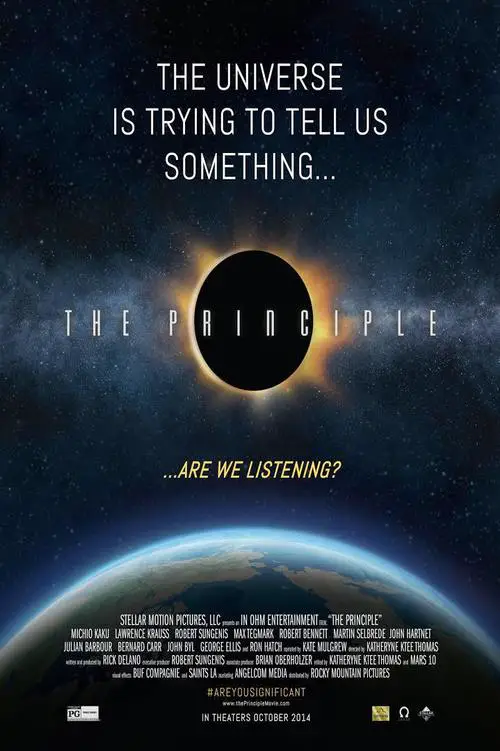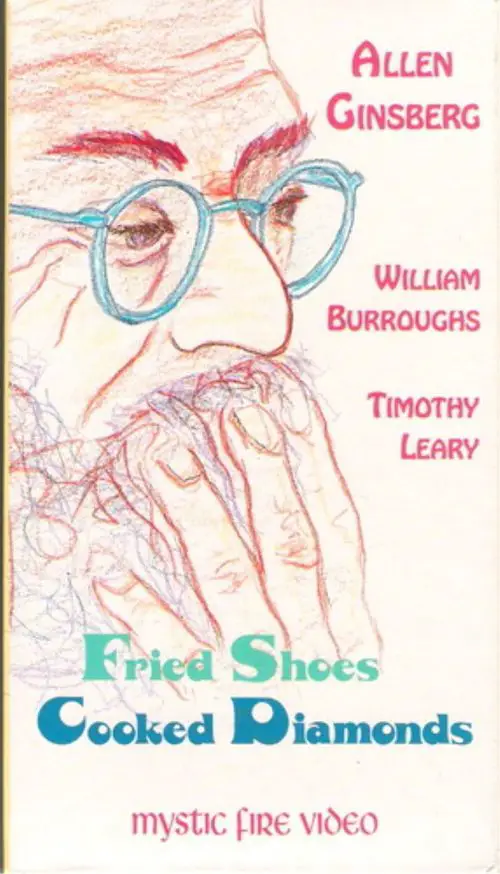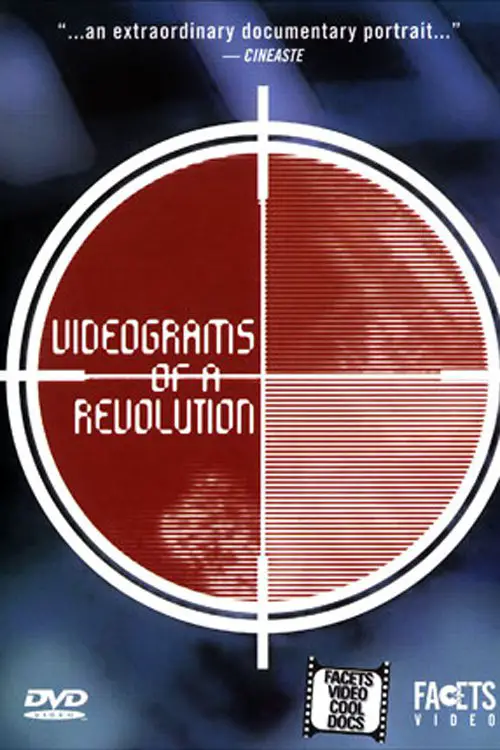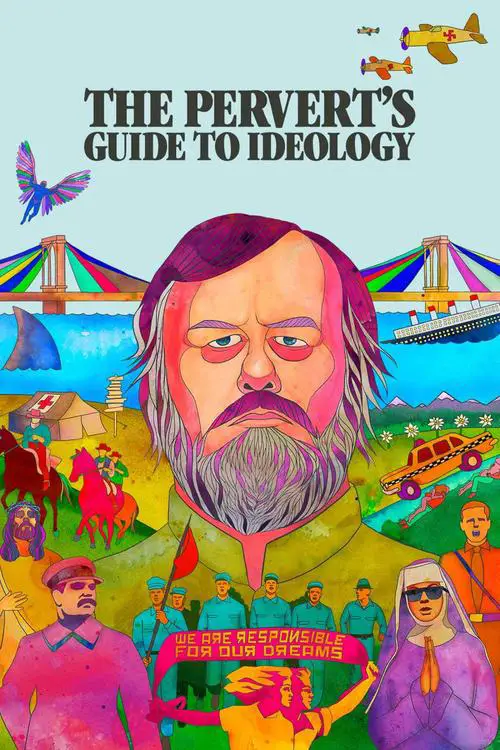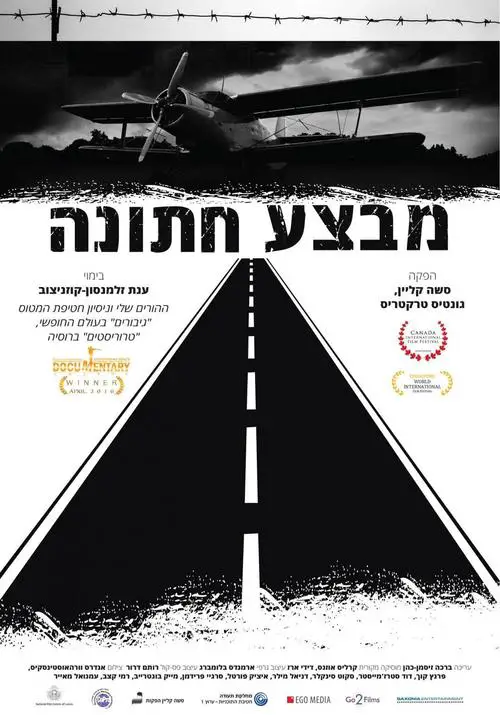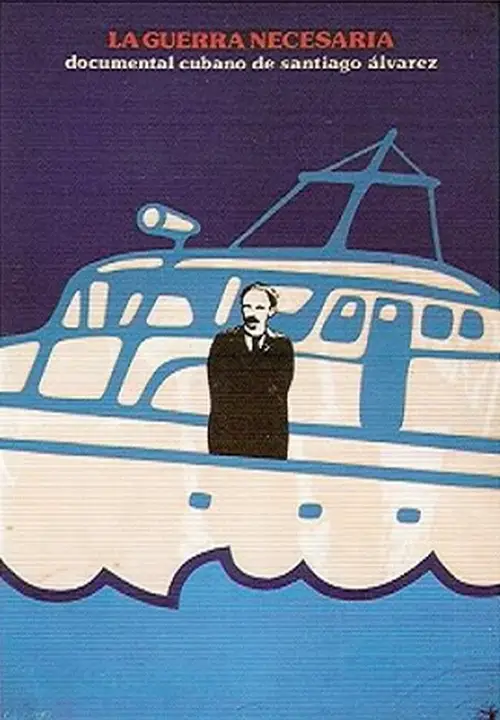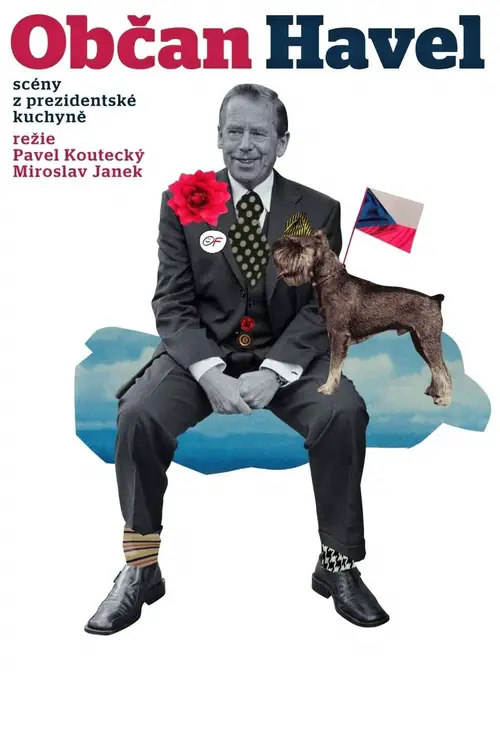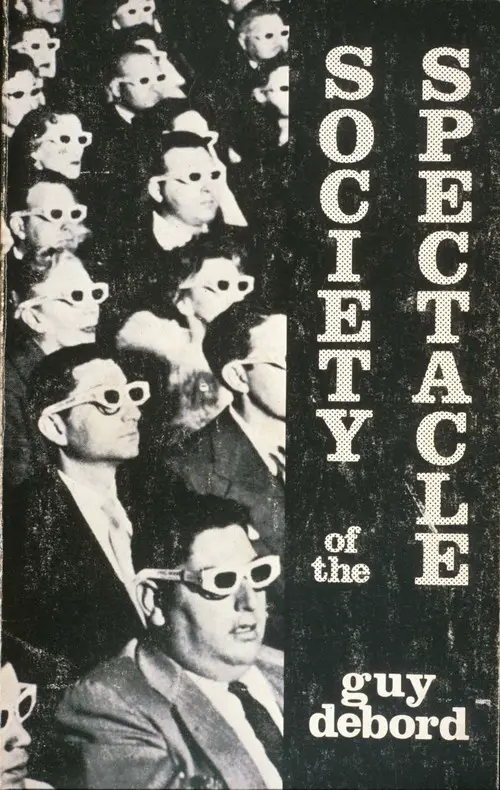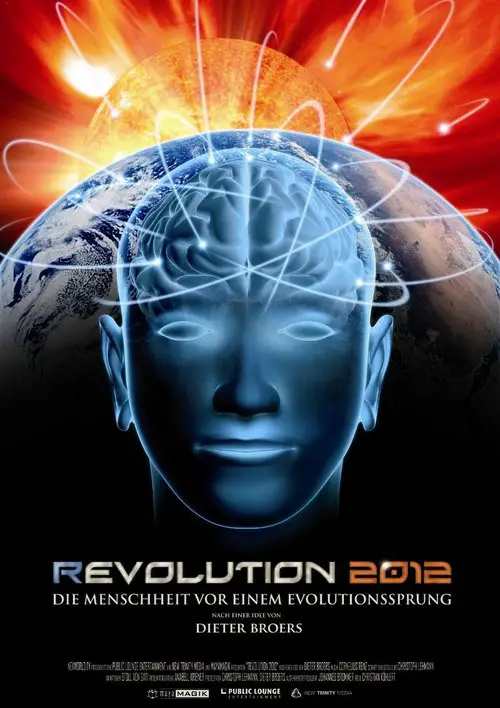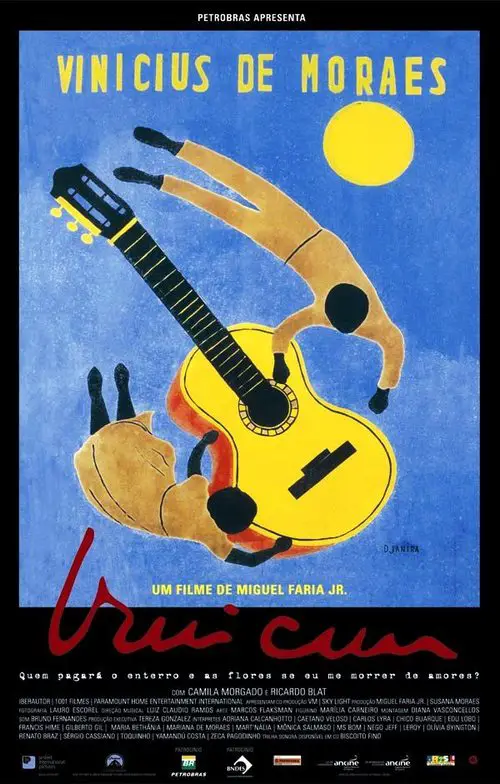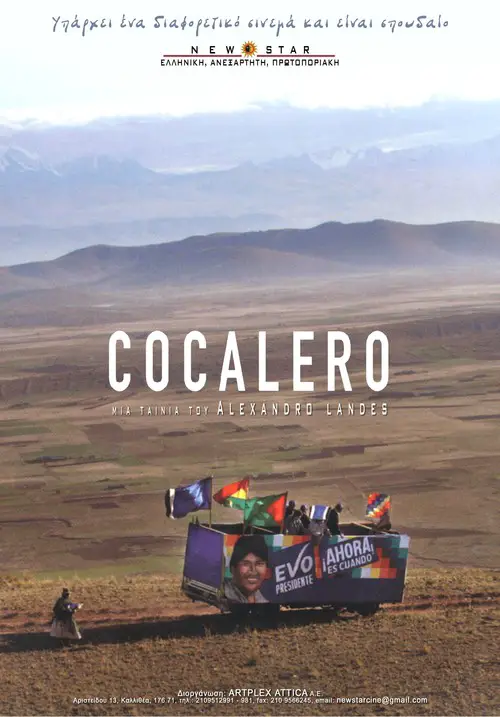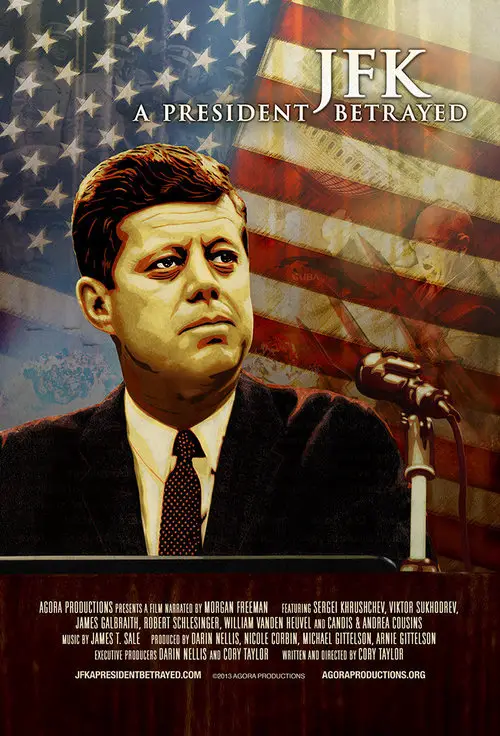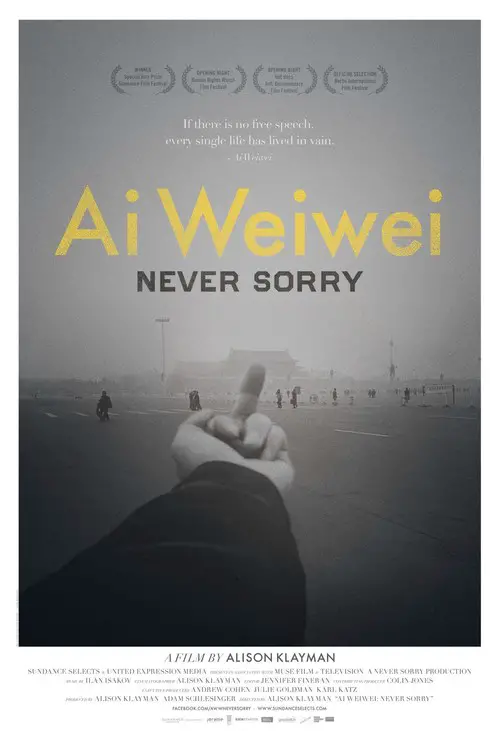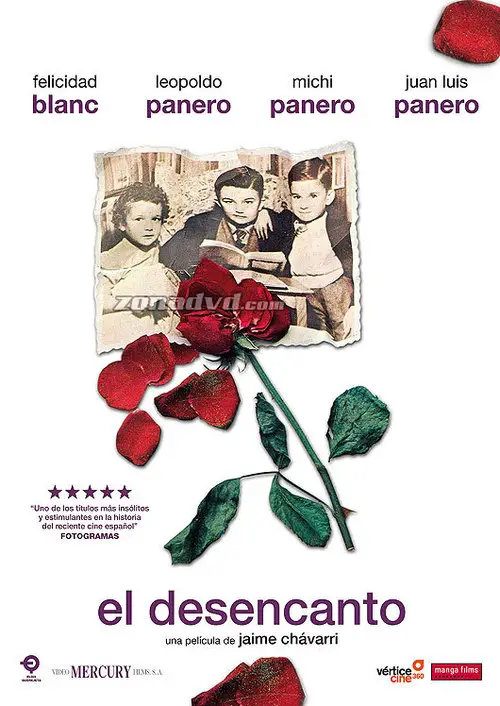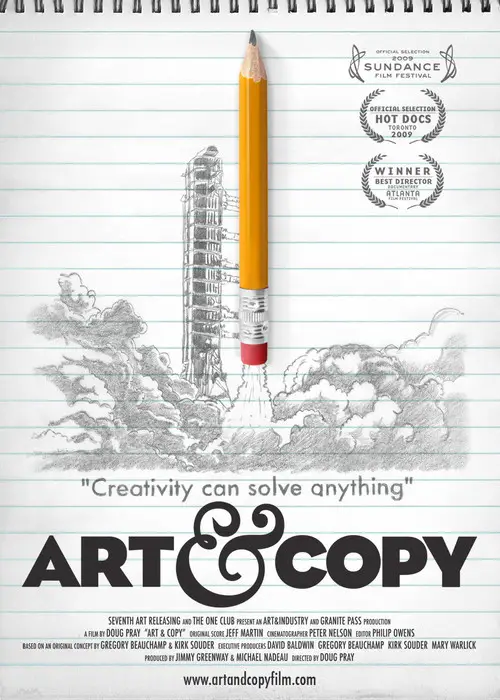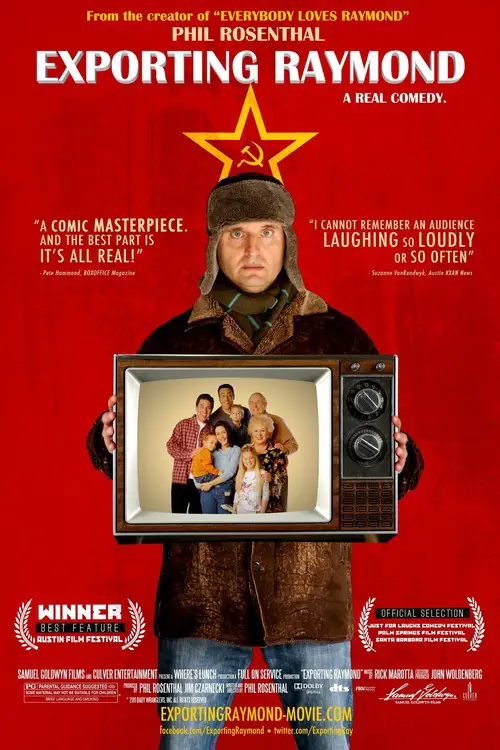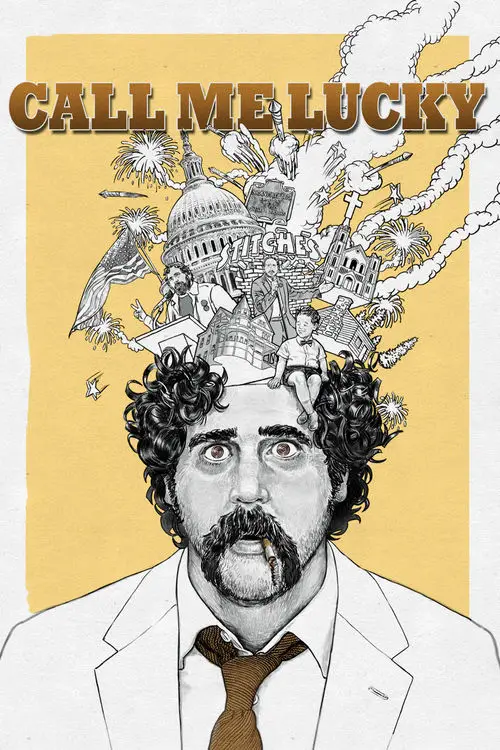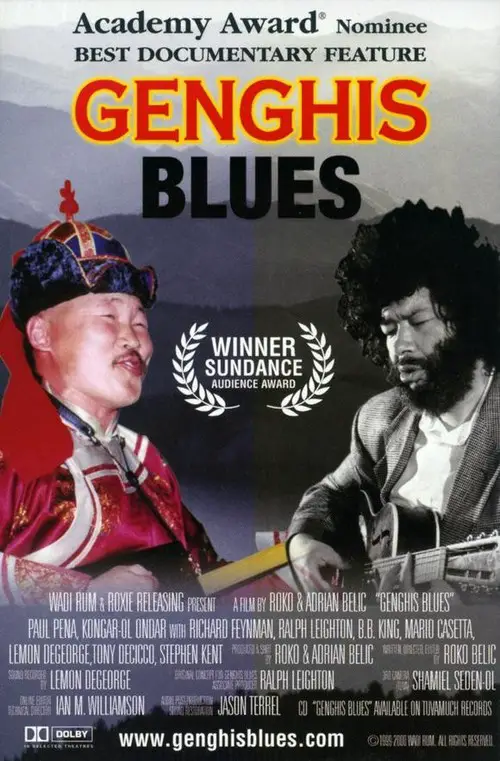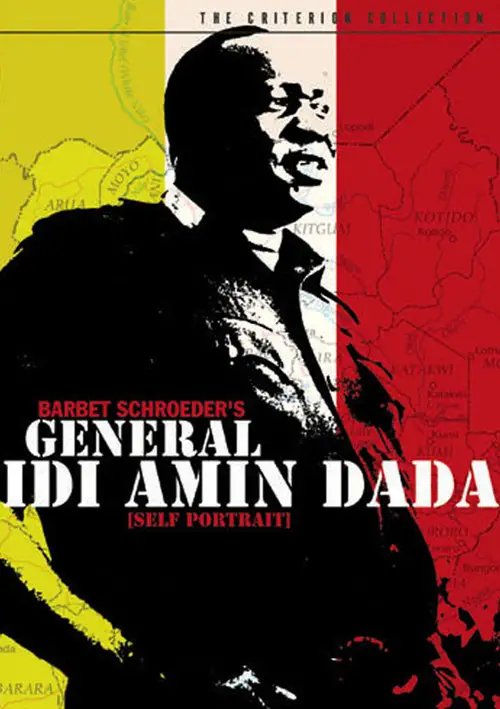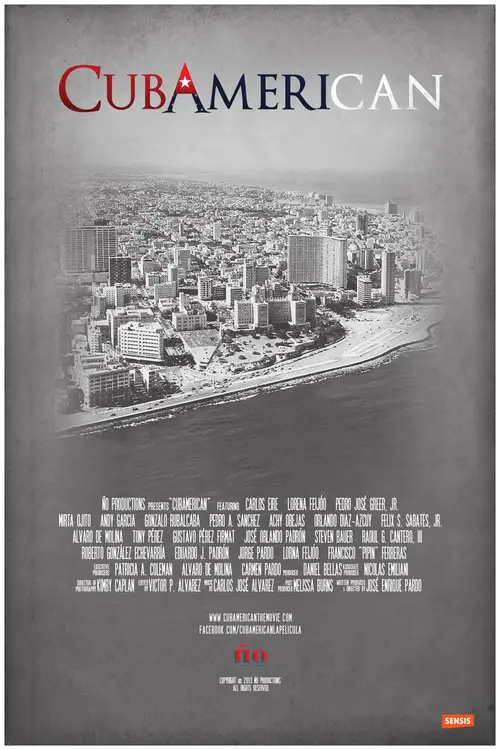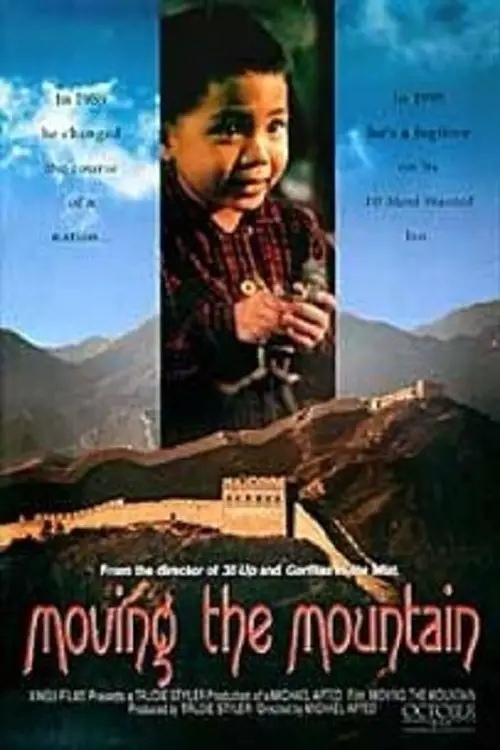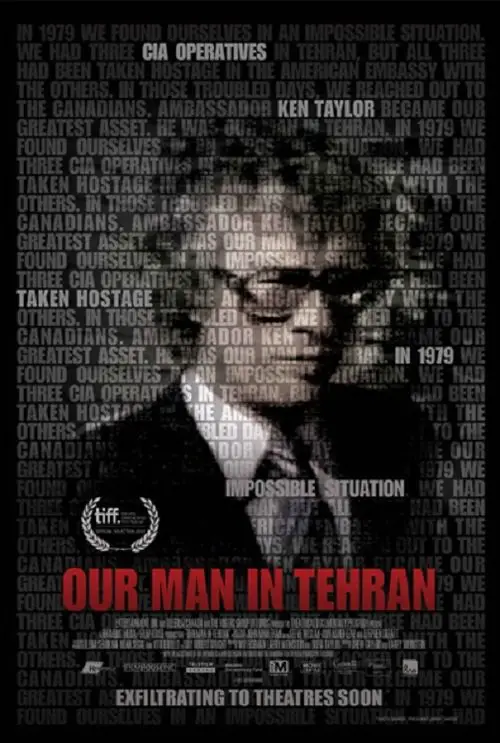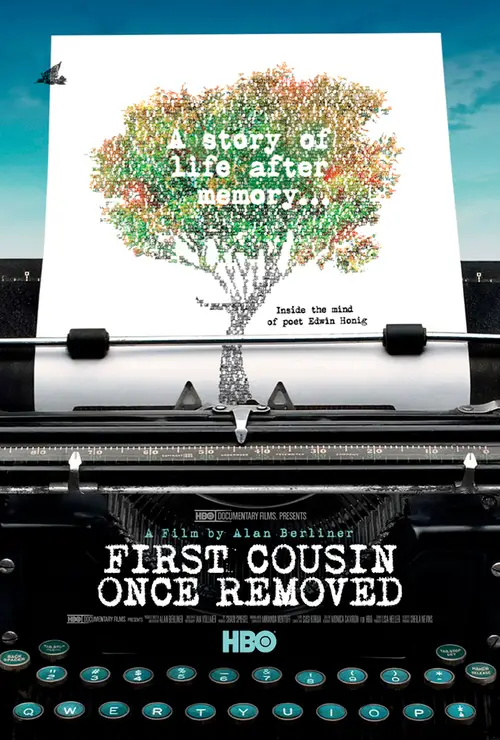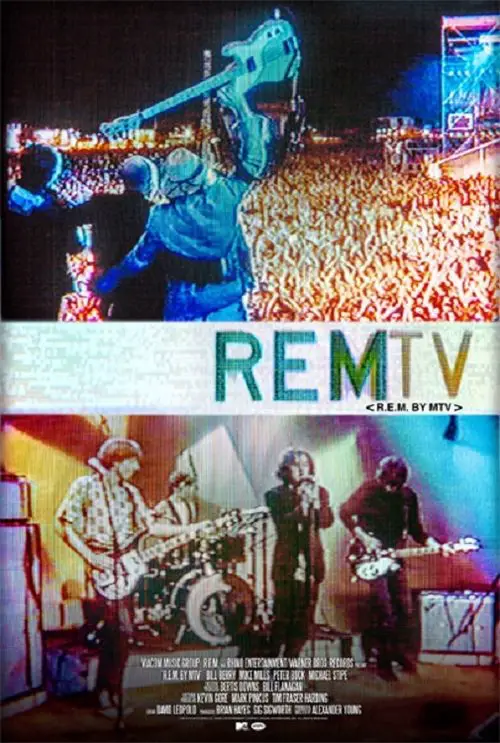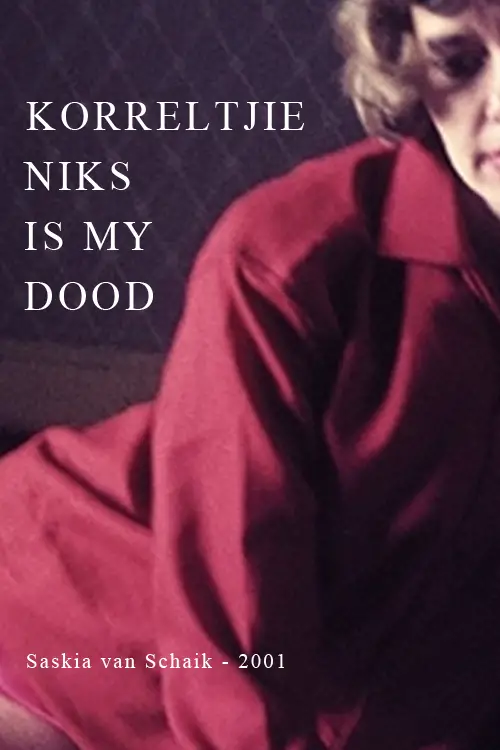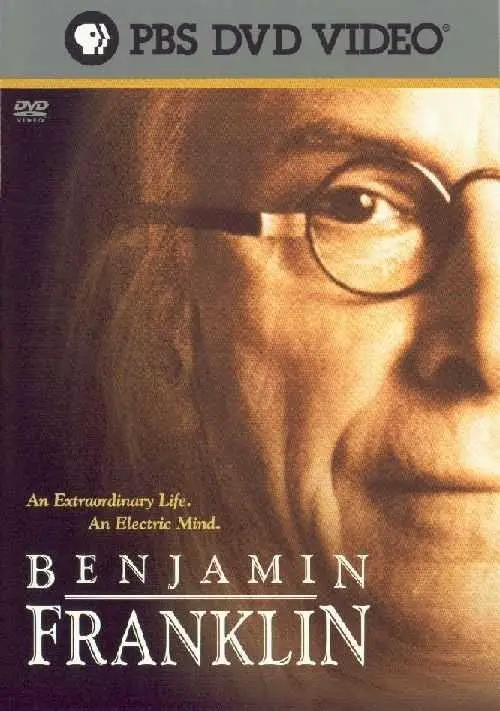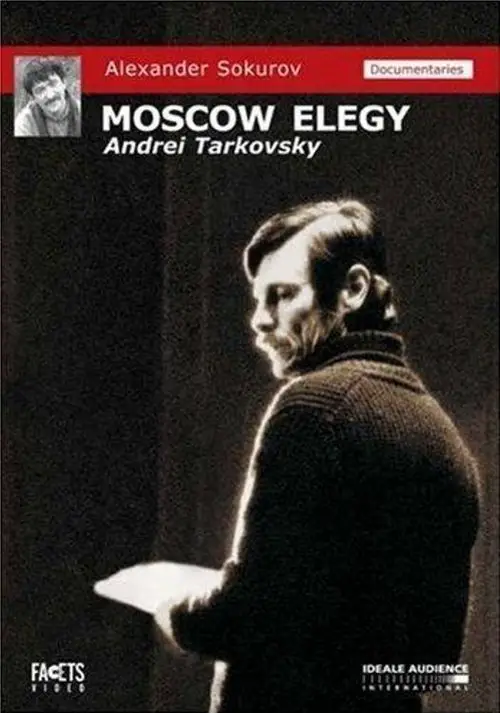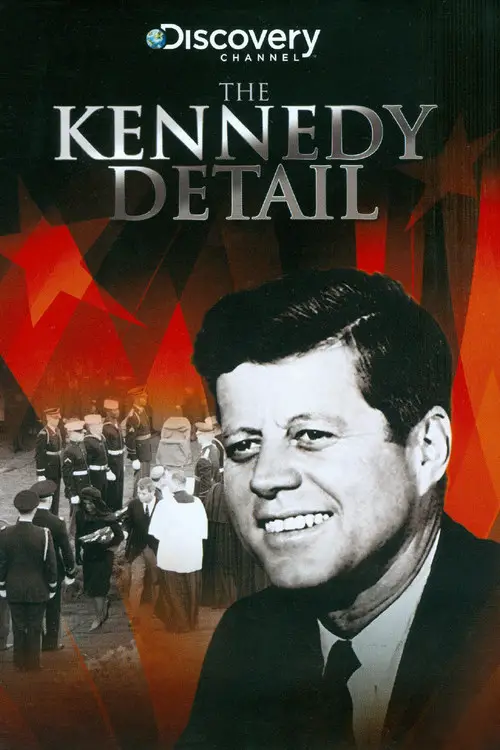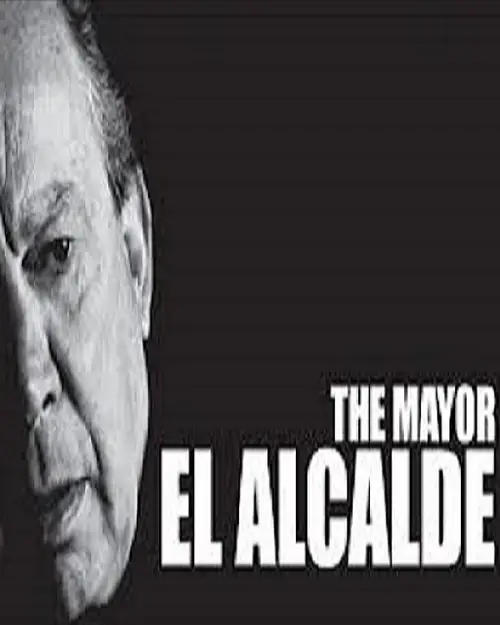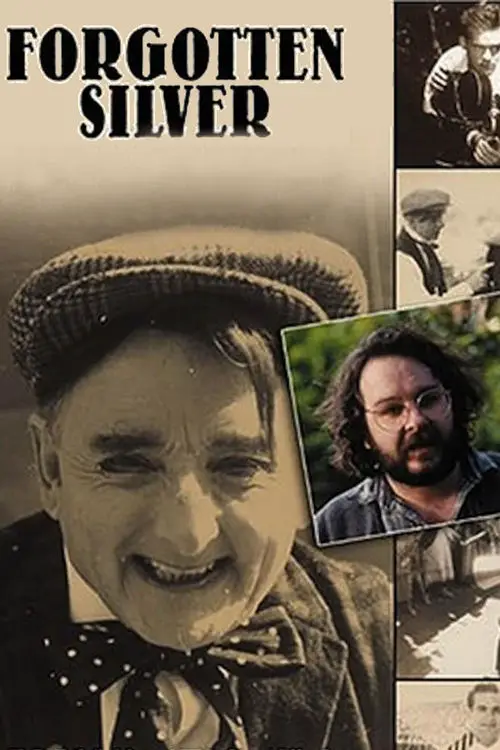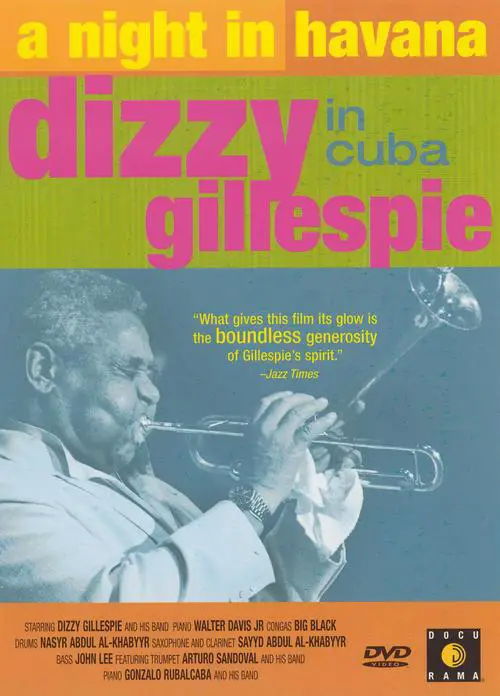Nobody (2017)
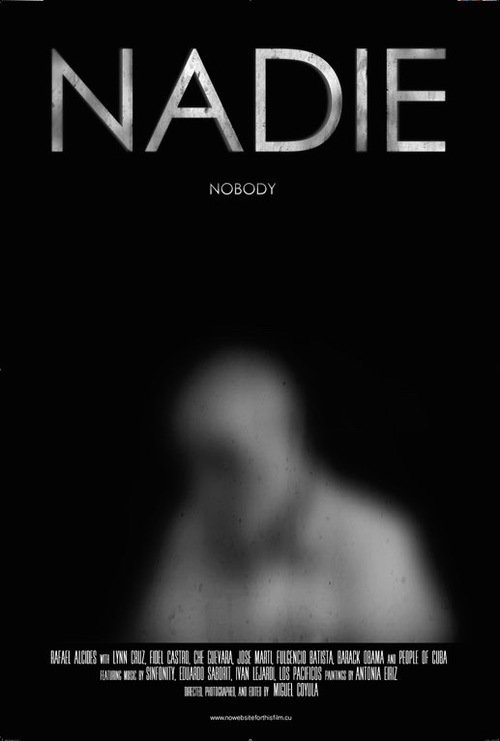
Similar movies
In the early 1970s, Cuban trumpeter Arturo Sandoval (Andy Garcia) is torn between his own musical dreams and the dreams of his wife, Marianela (MÃa Maestro), a fervent supporter of the ideals of the Castro revolution. Also starring Charles S. Dutton as Dizzy Gillespie and José Zúñiga as Paquito D'Rivera, this gripping jazz biopic is at once a detailed portrait of a musician and a stinging critique
Contemporary film critics regard the epic film I Am Cuba as a modern masterpiece. The 1964 Cuban/Soviet coproduction marked a watershed moment of cultural collaboration between two nations. Yet the film never found a mass audience, languishing for decades until its reintroduction as a "classic" in the 1990s. Vicente Ferraz explores the strange history of this cinematic tour de force, and the deeper meaning for those who participated in its creation.
Most people don't think about singing when they think about revolutions. But song was the weapon of choice when, between 1986 and 1991, Estonians sought to free themselves from decades of Soviet occupation. During those years, hundreds of thousands gathered in public to sing forbidden patriotic songs and to rally for independence. "The young people, without any political party, and without any politicians, just came together ... not only tens of thousands but hundreds of thousands ... to gather and to sing and to give this nation a new spirit," remarks Mart Laar, a Singing Revolution leader featured in the film and the first post-Soviet Prime Minister of Estonia. "This was the idea of the Singing Revolution." James Tusty and Maureen Castle Tusty's "The Singing Revolution" tells the moving story of how the Estonian people peacefully regained their freedom--and helped topple an empire along the way.
In this fascinating Oscar-nominated documentary, American guitarist Ry Cooder brings together a group of legendary Cuban folk musicians (some in their 90s) to record a Grammy-winning CD in their native city of Havana. The result is a spectacular compilation of concert footage from the group's gigs in Amsterdam and New York City's famed Carnegie Hall, with director Wim Wenders capturing not only the music -- but also the musicians' life stories.
Dollan Cannell's documentary on the hundreds of alleged plots to assassinate Fidel Castro, and a look at the evolution of Cuban politics. If the title of this extraordinary film sounds ludicrous, don't be fooled. This film looks at the incredible story of the 638 alleged plots by the CIA and Cuban exiles to kill the Cuban leader Fidel Castro.
Revolution is a new movie from internationally-acclaimed filmmaker Rob Stewart. A follow-up to his award-winning documentary Sharkwater, this continues his remarkable journey of discovery to find out that what he thought was a shark problem is actually a people problem. As Stewart's battle to save sharks escalates, he uncovers grave dangers threatening not just sharks, but humanity. In an effort to uncover the truth and find the secret to saving our own species, Stewart embarks on a life-threatening adventure through 15 countries, over four years in the making. In the past four years the backdrop of ocean issues has changed completely. Saving sharks will be a pointless endeavor if we are losing everything else in the ocean, not just sharks. Burning fossil fuels is releasing carbon dioxide into the atmosphere; changing the oceans, changing atmospheric chemistry and altering our climate.
Prior to Fidel Castro's reign, Cuba was open to immigration. However, once Castro proclaimed himself dictator of Cuba, one of the largest exodus recorded began, one that continues today, 47 years after the Cuban Revolution. Six central characters of the film discuss in detail their personal experiences through Operation Pedro Pan, the Freedom Flights, El Mariel, the Rafter Crisis, and the Cuban Visa Lottery.
In 1985, Miguel Littin returned clandestinely to Chile and made this documentary divided in four parts about the political reality of the country. The parts are titled, Miguel Littin: Clandestine in Chile; The North of Chile: When I Fled to the Pampa; From the Frontier to the Interior of Chile in Flames; and Allende: the Time of History, the film features testimony from Garcia Marquez, Fidel Castro and Hortensia Bussi. Also shown is the Chile of Augusto Pinochet and Salvador Allende. When Littin returned to Spain and finished his work, Gabriel Garcia Marquez set out to write the story of the film, published under the title Clandestine in Chile: the Adventures of Miguel Littin, which quickly became a best seller.
Cuba's political and economic exile has yielded a startling upside: A pristine island preserve boasting one of the most diverse and primordial ecosystems in the region. But how will nature fare if the U.S. trade embargo ends and tourists pour in? This episode of the PBS series observes jumping crocodiles, painted snails and other famed residents while profiling the unsung scientists who are studying and protecting the creatures' idyllic habitats.
João Moreira Salles, perhaps the finest documentary filmmaker of his generation, had complete access to Lula during the hectic 2002 campaign season. Salles fills his film with intimate behind-the-scenes footage of the campaign trail, focusing on the âintermissionsâ between the big public events that dominate campaign coverage. Lulaâs candor and charisma comes across whether heâs bantering at his regular barbershop or debating with his campaign team on a cramped private plane. Intermissions not only provides great insight into one of the most fascinating world leaders of our timeâEsquire named him âone of the most influential people of the 21st centuryââbut it ranks alongside The War Room as one of the most perceptive and candid political documentaries ever. -Description via Wexner Center Film/Video
A leftist revolutionary or a reformist democrat? A committed Marxist or a constitutionalist politician? An ethical and moral man or, as Richard Nixon called him, a "son of a bitch"? In SALVADOR ALLENDE, acclaimed Chilean filmmaker Patricio Guzmán (The Battle of Chile and Chile, Obstinate Memory) returns to his native country thirty years after the 1973 military coup that overthrew Chile's Popular Unity government to examine the life of its leader, Salvador Allende, both as a politician and a man.
"The Principle" brings to light astonishing new scientific observations challenging the Copernican Principle; the foundational assumption underlying the modern scientific world view. The idea that the Earth occupies no special or favored position in the cosmos has launched the last two scientific revolutions - the Copernican Revolution and Relativity - and, as Lawrence Krauss has said, we could be on the verge of a third, with "Copernicus coming back to haunt us". Interviews with leading cosmologists are interspersed with the views of dissidents and mavericks, bringing into sharp focus the challenges and implications not only for cosmology, but for our cultural and religious view of reality.
After World War II a group of young writers, outsiders and friends who were disillusioned by the pursuit of the American dream met in New York City. Associated through mutual friendships, these cultural dissidents looked for new ways and means to express themselves. Soon their writings found an audience and the American media took notice, dubbing them the Beat Generation. Members of this group included writers Jack Kerouac, William Burroughs, Allen Ginsberg. a trinity that would ultimately influence the works of others during that era, including the "hippie" movement of the '60s. In this 55-minute video narrated by Allen Ginsberg, members of the Beat Generation (including the aforementioned Burroughs, Anne Waldman, Peter Orlovsky, Amiri Baraka, Diane Di Prima, and Timothy Leary) are reunited at Naropa University in Boulder, CO during the late 1970's to share their works and influence a new generation of young American bohemians.
Videograms of a Revolution is a 1992 documentary film compiled by Harun Farocki and Andrei UjicÄ from over 125 hours of amateur footage, news footage, and excerpts from the Bucharest TV studio overtaken by demonstrators as part of the December 1989 Romanian Revolution. In 2004 the Austrian Film Archive selected the documentary as part of its Die Utopie Film program for The Best 100 in Film History list.
Leningrad, 1970. A group of young Jewish dissidents plots to hijack an empty plane and escape the USSR. Caught by the KGB a few steps from boarding, they were sentenced to years in the gulag and two were sentenced to death; they never got on a plane. 45 years later, filmmaker Anat Zalmanson-Kuznetsov reveals the compelling story of her parents, leaders of the group, "heroes" in the West but "terrorists" in Russia, even today.
2012 - no other date in the near future seems to be as important. In addition to many fictional natural disasters (like Emmerich's 2012) that refer to the end of a great cycle as mentioned in the ancient Mayan calendar, more and more people also predict a spiritual revolution that the earth is about to face. In REVOLUTION 2012, the biophysicist Dieter Broers verifies on the basis of scientific research results of different special fields, a spectacular connection between the solar activities, the geomagnetic field and the human psyche. It is not an accident that NASA keeps warning of the next solar maximum, which is expected around the years 2012 and 2013.
The setup of a show is the starting point for the reconstruction of an unparalleled trajectory in the cultural scenery of Brazil. Vinicius' life, his friends, his loves... Author of more than 400 poetries and 400 lyrics to songs, the creative essence of the artist and the daily philosophy, as well as Rio de Janeiro's transformations through rare archive footage, interviews and the interpretation of many of his classics build this wonderful documentary film.
ŽIŽEK! trails the thinker as he crisscrosses the globe, racing from New York City lecture halls, through the streets of Buenos Aires, and even stopping at home in Ljubljana, Slovenia. All the while Žižek obsessively reveals the invisible workings of ideology through his unique blend of Lacanian psychoanalysis, Marxism, and critique of pop culture.
Narrated by Academy Award winner Morgan Freeman, "JFK: A President Betrayed" uncovers new evidence that reveals how JFK embarked on secret back channel peace efforts with Nikita Khrushchev and Fidel Castro and was determined to get out of Vietnam despite intense opposition inside his own government.
Ai Weiwei is known for many things â great architecture, subversive in-your-face art, and political activism. He has also called for greater transparency on the part of the Chinese state. Director Alison Klayman chronicles the complexities of Aiâs life for three years, beginning with his rise to public prominence via blog and Twitter after he questioned the deaths of more than 5,000 students in the 2008 Sichuan earthquake. The record continues through his widely publicized arrest in Beijing in April of 2011. As Ai prepares various works of art for major international exhibitions, his activism heats up, and his run-ins with Chinaâs authorities become more and more frequent.
An inspiring, triumphant and wickedly funny portrait of one of comedyâs most enigmatic and important figures, CALL ME LUCKY tells the story of Barry Crimmins, a beer-swilling, politically outspoken and whip-smart comic whose efforts in the 70s and 80s fostered the talents of the next generation of standup comedians. But beneath Crimminsâ gruff, hard-drinking, curmudgeonly persona lay an undercurrent of rage stemming from his long-suppressed and horrific abuse as a child â a rage that eventually found its way out of the comedy clubs and television shows and into the political arena.
Blind blues musician Paul Pena is perhaps best known for his song "Jet Airliner". In 1993, Pena heard Tuvan throat singing over his shortwave radio and subsequently taught himself how to reproduce these extraordinary sounds. This documentary follows him to Tuva, where he takes part in a throat singing competition.
Uganda's dictator, General Idi Amin Dada, accepts a foreign crew's request to interview and film him. He talks to the camera about his outreach to Arab nations, his goal of eradicating Israel, his views on economic policy, and his views of Nixon, Kissinger, and other world leaders. We also see him dressing down his ministers at a cabinet meeting (two weeks after this meeting, the foreign minister, whom Amin criticizes here, is murdered), supervising a war-game simulation of an invasion of Israel, visiting a village, and addressing a conclave of Ugandan physicians.
CUBAMERICAN is the story of how the Cuban Revolution shattered the Cuban family. Spanning the past 60 years of Cuban history, the film explores tragedy, loss, freedom, assimilation, struggle and success through the stories of Cuban exiles who have achieved success in the U.S.A. in the diverse fields of art, science, medicine, design, music, dance, literature, academia and sports. The film culminates with rumination on the future of Cuba, leaving a mosaic of a bittersweet exile experience. Thematically, Cubamerican is a pro-immigrant story that highlights the absolute need for all of the world's people to be able to freely exercise their fundamental human rights.
ON JUNE 4th 1989, CHINA WAS CHANGED FOREVER. Beijing, May, 1989. the world watched as a hundred students became a thousand, as thousands became a million - and a nation starved of freedom, cried out for a taste of democracy. In this compelling film, director Michael Apted (Nell, Gorillas in the Mist), captures the power and passion of the Tiananmen Square uprising through a unique combination of newsreel footage, dramatic re-enactments and extensive input from the actual student leaders. Exploring their personal histories, reflections and thoughts on the future. MOVING THE MOUNTAIN paints a portrait of courage, conviction, and commitment that the NEW YORK POST calls, "A soaring - and sobering - tribute to the human spirit."
Using archival footage, United States Cabinet conversation recordings, and an interview of the eighty-five-year-old Robert McNamara, 'The Fog of War' depicts his life, from working as a WWII Whiz Kid military officer, to being the Ford Motor Company's president, to managing the American Vietnam War, as defense secretary for presidents Kennedy and Johnson.
On 19 July 1965, the South-African poet Ingrid Jonker walked into the sea near Drieankerbaai in Cape Town at the age of 31. She left behind a little daughter and an oeuvre of three laurelled collections of poems. Jonker's work fell into oblivion, until on 25 May 1994 president Nelson Mandela opened the very first session of the first democratically elected parliament of South Africa with Jonker's poem Die kind wat dood geskiet is deur soldate by Nyanga, a poem from 1960 that refers to the demonstrations near Sharpeville. Mandela chose the poem for good reason; he called Jonker 'both an African and an Afrikaner'. A white person in South Africa cannot get a bigger compliment. In the documentary Korreltjie niks is my dood, director Saskia van Schaik reconstructs the poet's eventful life, making her powerful poetry with its South-African rhythm tell part of the story. (filmcommission.nl)
The story of Franklin's epic life from humble beginnings to fame as a scientist, founding father and America's first diplomat to France. Let The Experiment Be Made (1706 - 1753) Franklin quickly rises to prominence as a printer and publisher in Philadelphia. His discoveries in the new science of electricity help free the world from the harmful effects of lightning and propel Franklin onto the world stage. The Making Of A Revolutionary (1755 - 1776) In London, Franklin finds himself in the midst of a growing dispute between England and the colonies, a dispute that turns this loyal subject of the British empire into a revolutionary and causes a tragic break with his own son. The Chess Master (1776 - 1790) Franklin embarks on the most important mission of his long life when he becomes diplomat to France during the American Revolution. After the war, he plays a critical role in creating the U.S. Constitution and becomes the only founding father to actively campaign against slavery.
Chronicles the history, ideology and aesthetic of Norwegian black metal - a musical subculture infamous as much for a series of murders and church arsons as it is for its unique musical and visual aesthetics. This is the first (and only) film to truly shed light on a movement that has heretofore been shrouded in darkness and rumor and obscured by inaccurate and shallow depictions. Featuring exclusive interviews and verité with the musicians, a wealth of rare, seldom seen footage from the "Inner Circle's earliest days, Until the Light Takes Us explores every aspect of the controversial movement that has captured the attention of the world. This is the movie that gets inside the minds and hearts of black metal's musicians.
A 1988 documentary film directed by Alexander Sokurov, about the later life and death of Soviet Russian filmmaker Andrei Tarkovsky. The film was originally intended to mark the 50th birthday of Tarkovsky in 1982, which would have been before his death. Controversy with Soviet authorities about the film's style and content led to significant delays in the production.
Based on the book by Gerald S. Blaine With Lisa McCubbin "The Kennedy Detail", this documentary interviews the men who served on President JFK's Secret Service Detail and their memories of the man, president, and perceptions of Camelot. Some of these men were there on the fateful day when life changed on the streets of Dallas, TX in Dealey Plaza on November 22nd, 1963.
The film tells the story of Mauricio Fernandez, mayor of the wealthiest municipality in Latin America, located in the North of Mexico. He presents himself as a polemical figure who takes justice into his own hands in order to "clean" his municipality of the drug cartels' presence. Mauricio is a key character to better understand the present situation in Mexico and through the unusual views of this politician, the audience will be a privileged witnesses of an scenario where political tasks and excessive violence mingle with one another.
This dryly funny mockumentary about the lost work of a pioneering New Zealand film genius is probably one of the best examples of the faux-documentary genre. In fact, it was so successful that when it originally aired on New Zealand television, hundreds of viewers bought the premise hook, line, and sinker. If you didn't know any better yourself, it's entirely possible you might be duped into believing the extremely tall tale of one Colin MacKenzie, an ambitious filmmaker who made the world's first talking movie (years before The Jazz Singer), invented color film, and created a huge biblical epic that would put Cecil B. DeMille and D.W. Griffith to shame. Filmmaker Peter Jackson (Heavenly Creatures) shrewdly inserts himself into the film via his documentation of the "discovery" of McKenzie's lost epic, which for years was preserved in a garden shed.
In this remarkable documentary, Noam Chomsky offers a riveting but devastating critique of America's current war on terror arguing, in fact, that it is a logistical impossibility for such a war to be taking place. Professor Chomsky presents his reasoning with astonishing and refreshing clarity, drawing from a wealth of historical knowledge and analysis. "Only those who are entirely ignorant of modern history will be surprised by the course of events, or by the justifications that are provided..."
© Valossa 2015–2026
| Privacy Policy




